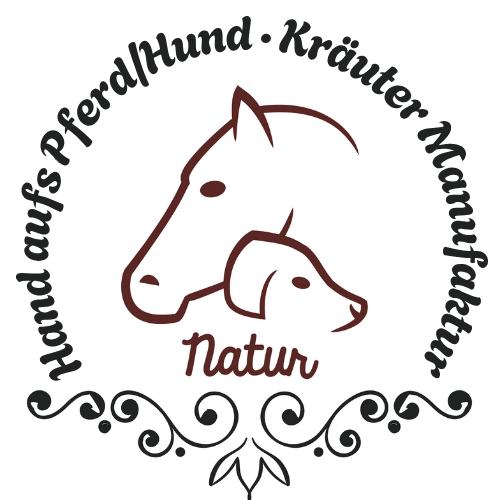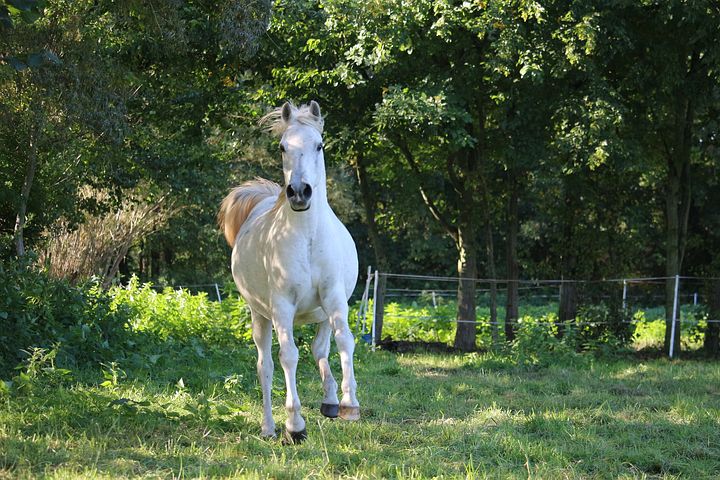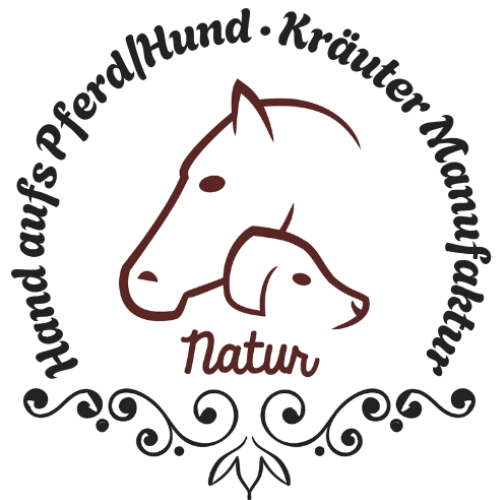Strengthen and support the horse’s immune system in the long term
We all want a strong immune system for our horses, because a strong immune system means health and well-being.
A well-functioning immune system is therefore crucial for an active and healthy horse life. Horses with a weak immune system are susceptible to pathogens, whether bacterial or viral. These horses often suffer from recurring infections. Mushroom and Mud fever. Many factors can damage a horse's immune system, such as housing, feeding and stress.
The immune system in horses what is it
The horse's immune system is a complex network of cells, tissues, and molecules that protects the body from pathogens such as viruses, bacteria, parasites, and fungi. It plays a crucial role in maintaining health and is divided into two main categories: the innate (natural) immune system and the acquired (adaptive) immune system. Both systems work closely together to provide comprehensive protection.
Innate immune system
The innate immune system is the horse's first line of defense against invading pathogens. It reacts rapidly and is not specific to any particular pathogen. Key elements of the innate immune system are:
- Physical barriers : Skin and mucous membranes act as physical barriers that make it difficult for pathogens to penetrate.
- Phagocytic cells : These include macrophages and neutrophil granulocytes, which can ingest and digest pathogens.
- Natural killer cells (NK cells) : They recognize and destroy infected cells or tumor cells.
- Complement system : A group of proteins in the blood that helps identify and destroy pathogens.
- Cytokines : Small proteins that act as pro-inflammatory messengers and help coordinate the immune response.
Acquired immune system
The acquired immune system is specialized and learns over time to recognize specific pathogens and fight them more effectively. It forms an immunological memory, meaning it can respond more quickly and more strongly upon subsequent exposure to the same pathogen. Important components of the acquired immune system include:
- Lymphocytes : These are white blood cells that divide into T cells and B cells.
- T cells : They recognize specific antigens, promote other immune cells, and can directly destroy infected cells.
- B cells : They produce antibodies that bind to specific antigens to neutralize pathogens and mark them for destruction.
- Vaccine responses : Vaccinations utilize the acquired immune system by training an immune response against a specific pathogen without exposing the horse to an actual infection.
Causes of a weak immune system
A weak immune system in horses can have many causes.
- Health status : Existing diseases can affect the immune system, as can the use of medications such as corticosteroids, which can suppress the immune system.
- Stress : Chronic stress can weaken the immune system by increasing the production of cortisol, a stress hormone. Cortisol can have an immunosuppressive effect, making the horse more susceptible to infections.
- Vaccinations : Vaccinations can be important to maintain immunity against specific, preventable diseases. Unnecessary or excessive vaccinations damage the immune system.
- Age : As a horse ages, its immune response can decline. This phenomenon, known as immune senescence, makes older horses more susceptible to infections and less responsive to vaccinations.
- Stress such as frequent stable changes, incompatible herd management
- EMS, ECS
- Liver weakness, intestinal problems
- Parasites
- Coat change
- Incorrect feeding, sugary feed
- unbalanced nutrients
- long feeding breaks
- long transports
- Medicines, worming treatments
Weak immune system – symptoms
A weak immune system in horses can manifest itself through various symptoms and signs that indicate that the animal is more susceptible to infections or has difficulty recovering from illness. Here are some common symptoms that may indicate a weakened immune system:
- Frequent infections : The horse may be more susceptible to frequent or recurring infections such as respiratory infections, skin infections, abscesses, or laminitis.
- Poor wound healing : Injuries that do not heal as quickly as expected may be an indication of impaired immune function.
- General weakness and fatigue : A horse with a weak immune system may appear lethargic and have less energy for exercise or daily activities.
- Weight loss or poor condition : Despite proper nutrition and care, the horse may lose weight or have difficulty maintaining a healthy weight.
- Poor coat : Dullness, lethargy, or the lack of natural shedding can also be signs of immune system problems.
- Swelling or enlarged lymph nodes : Swollen lymph nodes can be a sign of an immune reaction to infection or inflammation.
- Susceptibility to parasites : A weakened immune system can make it more difficult to control parasitic infestations such as worms or external parasites such as fleas and ticks.
- Breathing problems : Frequent or long-lasting respiratory illnesses, cough, or nasal discharge may occur.
- Susceptibility to colic : A weak immune system could lead to an increased susceptibility to digestive problems.
- Behavioral changes : Changes in behavior, such as increased irritability or depression, may be related to a weakened immune system.
Dysfunctions of the immune system are manifested by Allergies
When the immune system cries out for help. In addition to triggers such as the black fly in sweet itch, When it comes to mites and pollen, allergic coughs are now most commonly identified as the main cause of immune dysfunction. The immune system classifies these allergens as dangerous and mistakenly attacks them, resulting in an allergy. In an allergy, histamine, among other substances, is released, leading to itching and inflammation.
Also worming treatments, and medications overwhelm the immune system.
Horse immune system – build up
Various factors can build up the function of the immune system in horses
- Nutrition : A balanced diet that provides all the necessary nutrients including Vitamins and minerals such as vitamin E, vitamin C and zinc, is crucial for supporting a healthy immune system. Essential fatty acids, such as those found in flaxseed and fish oil, Omega-3 fatty acids, can have anti-inflammatory effects and thus contribute to immune modulation.
- Exercise : Moderate exercise can strengthen the immune system by improving the circulation of immune cells and contributing to stress reduction. Excessive or intense exercise, however, can temporarily lead to immunosuppression and increase the risk of infections.
- Genetics : Some horses may have a stronger or weaker immune system due to their genetic predisposition.
- Environment and hygiene : Clean housing conditions and good hygiene practices help reduce exposure to potential pathogens.
The normal bowel function is an important component of the immune system. Important immunoglobulins (antibodies) and vitamin K for blood formation are found and produced in the intestinal mucosa. Important intestinal bacteria and microorganisms develop in the intestine and are responsible for the body's defenses. liver is a multifunctional gland and is involved in many metabolic processes. It stores iron for our horses and releases it Iron deficiency in the blood to the circulatory system to ensure the iron supply. The iron in the blood cells binds the oxygen and takes over its transport. We see that everything is interconnected and only functions in concert.
Keeping the horse's immune system healthy
To maintain your horse's immune system, it's important to consider a combination of good nutrition, appropriate stress and exercise management, and routine health checks. If your horse shows signs of immune dysfunction, it's advisable to consult a veterinarian for appropriate diagnosis and treatment.
Influence the immune system with proper feeding.
A balanced, nutrient-rich diet and as little contact with the allergy trigger as possible is helpful in stabilizing the immune system.
Our balanced Liver herbs for horses Sunrise could help your horse maintain its immune system.
Additionally, we recommend our Defensive herbs for horses Knight's armor
Source: Martina Hemm January 2025


